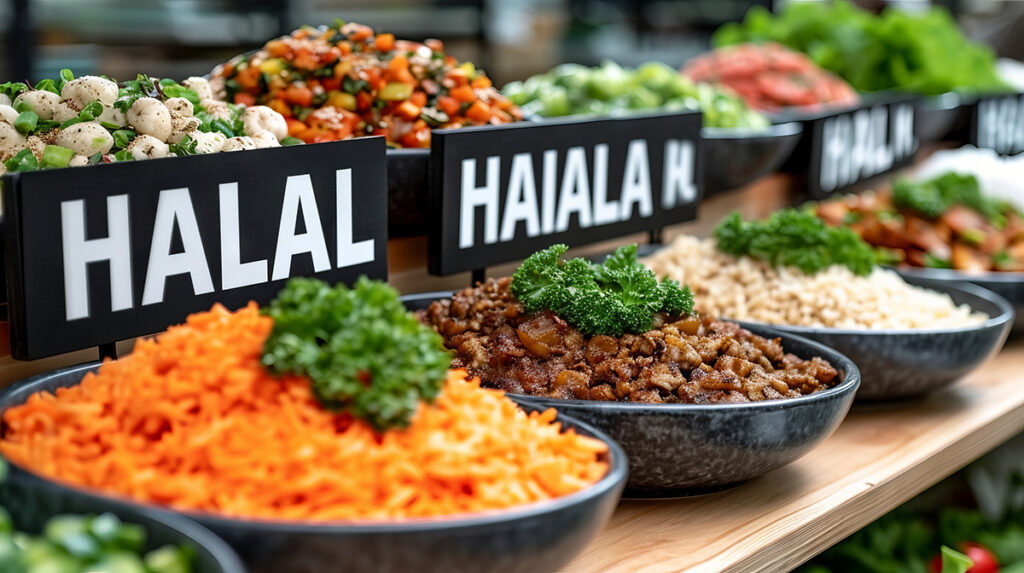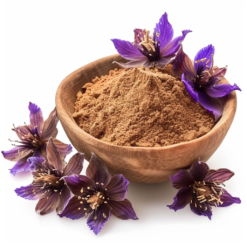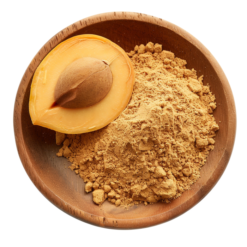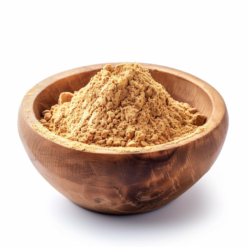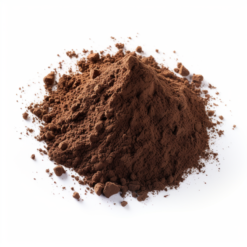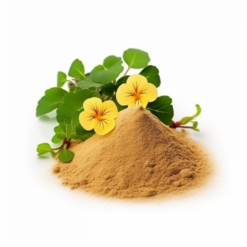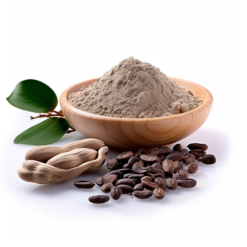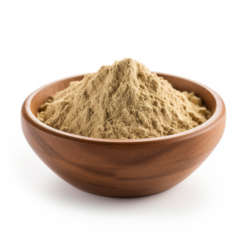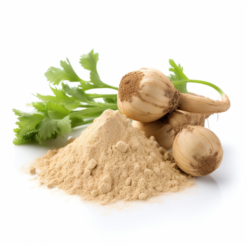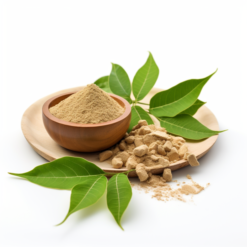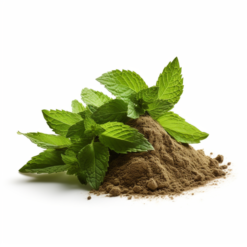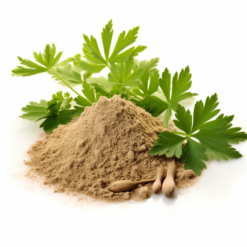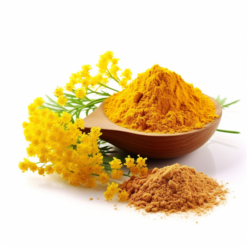The growth of the global halal market is driven by several factors, such as the increase in the Muslim population, the improvement in the profitability of the halal food industry, and the rising demand for safe and high-quality products.
What is a Halal Certificate?
Halal-certified products undergo a thorough inspection of their production process, from raw materials to distribution, by one of the existing certification bodies, ensuring that they are healthy and hygienic. Only after approval by the certification body can manufacturers place the Halal trademark on their products. Halal certification is reflected as a system symbolizing trust.
Halal-certified products aim to reassure consumers that they are made from halal raw materials and produced using halal processes. Additionally, they meet good hygiene and sanitary standards, ensuring that the products consumed are guaranteed both halal and food-safe. Manufacturers holding such certificates are able to sell their products to Muslims and to the global market due to the emphasis on hygiene and health.
HALAL-CERTIFIED PRODUCTS:
What is halal?
There are various definitions of halal. The general one is: a product cannot be forbidden by Allah, and its resources/raw materials must be sourced from halal origins and cannot be harmful to people. Individuals or organizations planning to obtain halal certification and the halal trademark for their products must first meet the halal concept requirements before applying to the relevant certifying body.
For example, to apply for halal certification in Malaysia, applicants must comply with the regulations specified by JAKIM. The Malaysia Halal Certification 2014 was developed to provide better and clearer guidelines for both the Muslim and non-Muslim community regarding halal and haram (forbidden) characteristics as the primary requirement in Islamic law.

These guidelines have been adapted from the JAKIM manual, which consists of several aspects that applicants must adhere to, such as:
1. Raw materials/ingredients/processing aids requirements
To ensure that all raw materials and ingredients are halal and safe, the following conditions must be met:
- Raw materials must have a valid halal certificate.
- Animal-derived products that are imported must be approved by JAKIM and the Department of Veterinary Services (DVS).
- All raw materials should have complete specifications.
- If a raw material does not have a halal certificate, the raw material, equipment used for handling it, and its storage methods must be clearly specified.
- Storing non-halal raw materials on the premises is prohibited.
2. Processing
The product should be manufactured in accordance with the latest production records. The preparation, handling, processing, packaging, storage, or transfer of products must comply with Sharia law and good manufacturing practices (GMP)/good hygiene practices (GHP). Halal and non-halal raw materials/products should be separated at all stages. Transportation must carry only halal products. Animal hair brushes and equipment are prohibited.
3. Packaging and labeling
The package label must be printed in a noticeable, clear, and permanent manner. The label must contain information in compliance with regulations, laws, and relevant standards. Advertising and labeling must not contradict Sharia law. Promotional products with the Malaysian halal logo must not be used alongside events and symbols of religions other than Islam. The word halal and religious elements are prohibited in the name of any product.
4. Factory
The factory should be fenced to prevent domestic or wild animals from entering the premises. The factory must always be clean, organized, and safe. Employees are not allowed to reside on the factory premises. Non-halal products are not allowed in the factory. The factory should have an effective control system.
5. Food Establishment
All equipment and goods must be clean, organized, and safe. All facilities related to the main business must also apply for halal certification. Alcohol is prohibited on the premises, including in stores.
Additional requirements:
This section includes requirements related to employees, the sanitary system, halal documentation, facilities and training for employees, supervision and monitoring, as well as procedures related to appropriate equipment.

How to obtain halal certification in Poland?
There are several halal certification bodies in Poland, including: the Muslim Religious Union in the Republic of Poland (HP System), the Muslim League in the Republic of Poland, Halal Correct Poland, and the Ahmadiyya Muslim Association.
Although obtaining certification and the inspections associated with it are strict and demanding, having halal certification increases the level of trust and credibility between the company and the consumer.
Literature:
1. Badruldin, B., Mohamed, Z., Sharifuddin, J., Rezai, G., Abdullah, A. M., Latif, I. A., Mohayidin, M. G. (2012). Clients perception towards JAKIM service quality in Halal certification. Journal of Islamic Marketing, 3(1), 59-71.
2. Ali M.Q., Noormazlinah A. (2023). The Factors that affect Halal Food and Food Products Awareness and Different Challenges: an overview. Journal of Agribusiness Marketing, 10(1), 82-95.
3. http://www.islam.gov.my/portal/
4. https://www.trade.gov.pl/wiedza/halal-produkty-i-certyfikacja/


